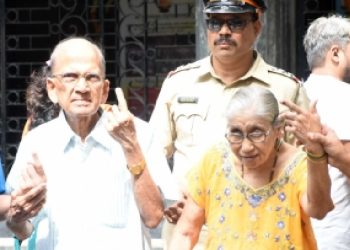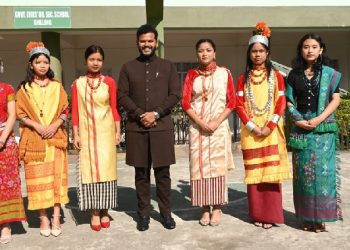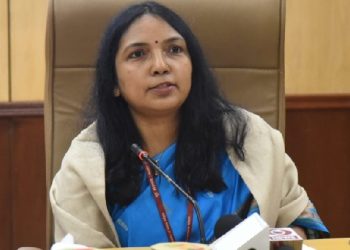New Delhi: The Supreme Court on Tuesday directed the Pune-based Film and Television Institute of India (FTII) to allow candidates suffering from colour blindness to pursue all courses on filmmaking and editing.
A bench comprising Justices Sanjay Kishan Kaul and M.M. Sundresh said: “It is much easier to change laws, but it takes a long time to change the mindset…”
The bench emphasised that the institute should adopt a more inclusive and progressive approach in the matter, and insisted that no discrimination can be made on the basis of colour blindness to get admission in the institute. The bench remarked, “The respondent FTII was expected to encourage liberal thought process…”
Justice Kaul said: “There are some vested interests always…change is difficult and a push is required to change.”
The bench said that it is not for FTII to determine candidates’ future occupational prospects, and pointed out that the job of an editor is to creatively work with story, dialogue, music and performances.
The apex court order came on an appeal filed by Patna resident Ashutosh Kumar against the Bombay High Court order, which declined to entertain his plea seeking admission in three-year postgraduate diploma course in film editing at FTII.
In December last year, the top court had formed a committee of experts on the issue. The committee comprised National Film Award winner film editor Akkineni Sreekar Prasad, Filmfare Award winner director and cinematographer Ravi K. Chandran, well-known colourist Swapnil Patole, script supervisor Shubha Ramachandra, FTII’s head of department (editing) Rajasekharan, ophthalmologist Jignesh Taswala, and advocate Shoeb Alam. The committee recommended individuals with colour blindness should be able to enrol for all courses at FTII.
The top court noted that reasons being film and TV creations are collaborating art forms, and imposing restrictions may stifle creative talent, development of art, and added that any limitation can be overcome by help.
Kumar’s candidature was rejected after he was found colour blind during the medical examination. The institute’s authorities cited rules, which said that colour blind candidates are not fit for admission in a few courses, including film editing. In 2016, Kumar approached the high court challenging his rejection by the institute.
(IANS)



















